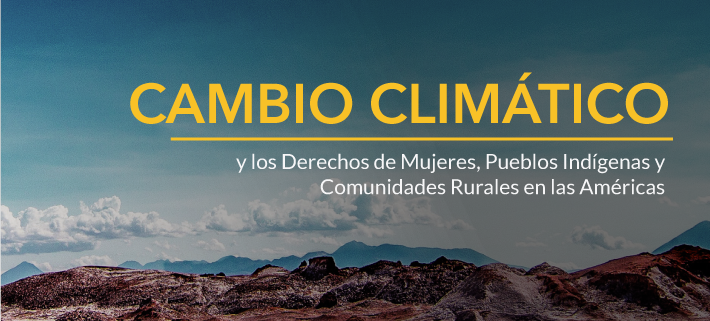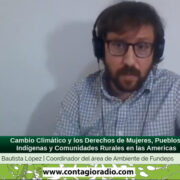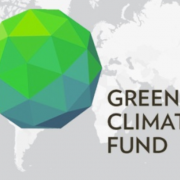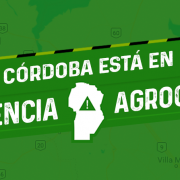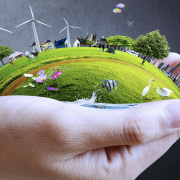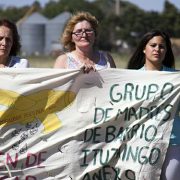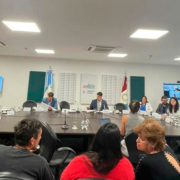Report on Climate Change and the Rights of Women, Indigenous Peoples and Rural Communities in the Americas
“Below, we offer a google translate version of the original article in Spanish. This translation may not be accurate but serves as a general presentation of the article. For more accurate information, please switch to the Spanish version of the website. In addition, feel free to directly contact in English the person mentioned at the bottom of this article with regards to this topic”.
The report, prepared collaboratively with 16 Latin American civil society organizations, analyzes the existing problems surrounding the effects of climate change. In particular, the impact that the phenomenon has on the human rights of millions of people worldwide is examined. Its consequences cross and violate the right to life, health, water, and a healthy environment, in turn affecting many others due to the interdependence between all of them.
Likewise, the differentiated impact to which certain groups and communities in vulnerable situations are subject, such as those who belong to Indigenous and tribal peoples, children and adolescents, women and members of rural communities. Those who make up these groups, due to their particular circumstances, suffer more intensely from the harmful effects of climate change, consequently, their situation of vulnerability worsens.
In this document, we also examine the scope of measures necessary to prevent and deal with such consequences. For this, it is essential that the States implement mitigation and adaptation measures, as well as measures that provide for the repair of losses and damages caused. In this context, the report analyzes the obligations and responsibilities that both state and non-state actors have, in order to achieve complete respect for human rights. Finally, the document contains some recommendations based on the international human rights system.
The role that each actor occupies around the problem calls for a differentiated action. The States, Companies, Financial Institutions, and International Organizations must implement actions and measures that respect human rights in a context of climate emergency.
Download Report (Spanish version Only)
Contact
Juan Bautista Lopez, juanbautistalopez@fundeps.org

